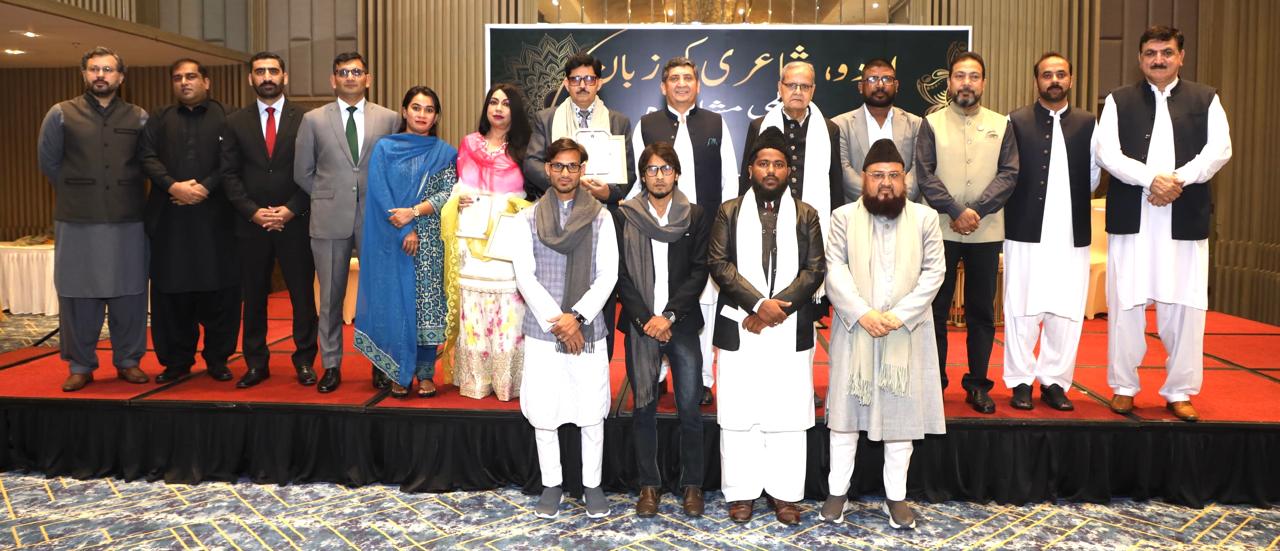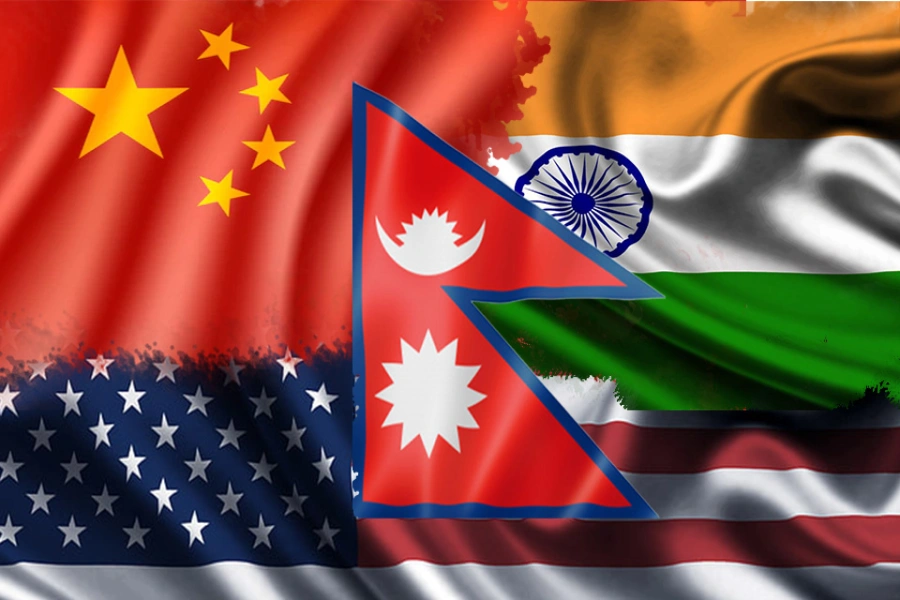On February 1, 2015, a post appeared on Facebook. The post was by a Newar student who had lost his mother tongue after he joined his English Medium School. About 15 years later the student gives some suggestions to his school on how to promote ethnic languages. He admits that if his school had only allocated time and place he would not have lost it. He would have assembled a group of students and teachers and conversed in his mother tongue at least for 30 minutes or he would have even conducted some cultural programs. By doing so, he would not have lost it as he had.
It’s not only him who has lost his mother tongue. There are many who cannot even pronounce their names correctly in their mother tongue. This multi-lingual education versus English medium education has become a subject of huge importance and interest as well as a subject of national debate. Young generations are losing their ethnic language because of the language policies that the schools have. Schools provide education to students in languages like Mandarin, English etc that could become asset globally. Nepali and English have been made compulsory in the schools. English and Nepali language have shadowed ethnic languages in the context of Nepal. An encounter among English, Nepali and other ethnic languages has driven most of the ethnic languages to the brink of existence. According to the population census 2011, the number of people speaking their mother tongue has decreased significantly. The number of people speaking Maithili was 12.4% of the total population in 2001 but it decreased to 11.7% by 2011. The case for other ethnic languages is similar.
Languages are lost when the process of intergenerational transmission is interrupted. Parents do not converse to their children in their mother tongue. Instead they force them to communicate either in English or in Nepali. They want their children to be proficient in Nepali and English so that their children can get good grades in exams and consequently good jobs in future.
It is only the grandparents who encourage their grandchildren to communicate in their mother tongue. Since they barely communicate in their mother tongue children do not know much about their native language.
The intergenerational transmission of language may occur up to second or third
generation but after that the language will only be preserved in the electronic devices. The same goes for most of Newar families and other ethnic groups. Another crucial factor that makes languages endangered is the decrease in the number of native speakers due to disease or other catastrophic events. Migrations of the people from their native lands to other places have also altered intergenerational transmission often because they have to learn new language.
When people migrate to foreign countries and when grandparents pass away the intergenerational transmission stops. After that their children and grand children are certain to be highly influenced by the official language of that country.
What happens when a language is extinct?
People may even argue that language loss is no big deal and it does not really affect anything. But language loss results in dire consequences. Language does not die alone. It takes history, culture, tradition and identity along with it. People lose parts of their cultural traditions which are tied to that language such as songs, myths, and poetry that are not easily transferred to other languages which affect their sense of identity. This eventually weakens social cohesion as their values and traditions are replaced with new ones. Nepal confers different political status or privileges on minority ethnic groups, often defining ethnicity in terms of language. That means those communities that lose their language may also lose political significance as a community with special collective rights and quotas in civil service and other bodies. When a language is lost, a wealth of culture of culture and history vanishes with it. The loss of one’s culture is a tragedy for the identity of an individual and a community; not only robbing them of their pasts but often their future as well.
Speakers of indigenous languages possess unique knowledge of history, geography, medicine, and local flora and fauna but that can no longer sustain with the extinction of the source, which is language.
Pak embassy organizes poetry symposium — Aalmi Mushaira: Urdu,...

Siddhanta is doing his A-levels from Buddhanilkantha School






































